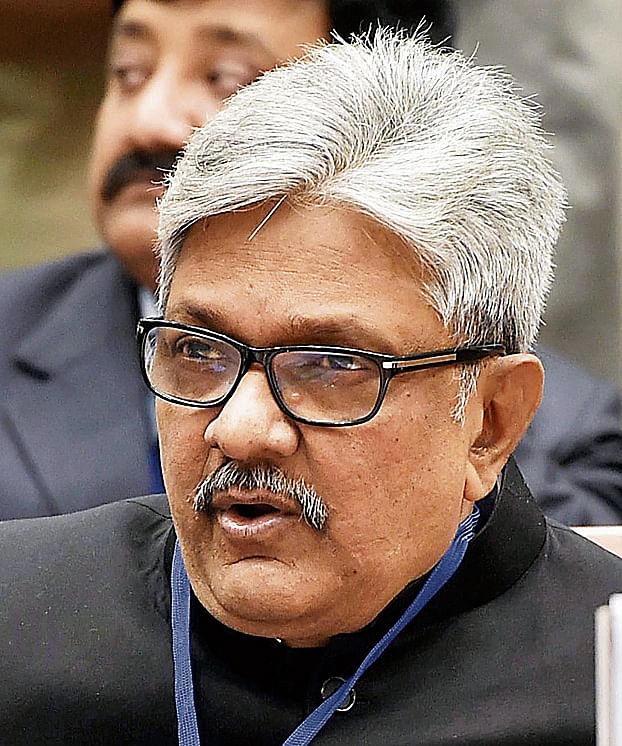The central government did well to finally clear the elevation of Uttarakhand Chief Justice KM Joseph to the Supreme Court, but it did that without grace by denying him the seniority that he has. The government recommended to the President the appointment of Justice Joseph and two other judges — the Madras high court Chief Justice Indira Banerjee and her Odisha counterpart Justice Vineet Saran — with the name of Justice KM Joseph coming third in the warrant of appointments. Since they were sworn-in in the same order on Tuesday, Justice Joseph will be considered the junior-most among them. But, he should actually be the senior-most because his name was recommended first by the collegium and he was the first among them to become the chief justice of a high court. Other judges of the Supreme Court had raised the matter with the Chief Justice of India (CJI), Dipak Misra, but unfortunately the wrong order, which might set a bad precedent, was not corrected.
The government had no option but to accept the name of Justice Joseph for elevation after the collegium reiterated its recommendation. The first recommendation was made in January. The government sat on it and then returned it after separating it from the name of senior lawyer Indu Malhotra. Justice Joseph lost some seniority even at that stage. The reasons given by the government for returning Justice Joseph’s name were untenable. They related to seniority and regional representation which are not the main considerations when appointments are made to the Supreme Court. The plausible reason was that Justice Joseph headed the bench which struck down the imposition of President’s rule in Uttarakhand in 2016, paving the way for the return of the Congress government there. It is wrong to punish a judge for his judicial decisions as it is an attack on the independence of the judiciary. This was also an issue raised by four senior judges of the court, including the now-retired Justice Chelameswar, in public.
The denial of seniority to Justice Joseph may not practically count much because in the Supreme Court’s present seniority scheme, he is unlikely to become the CJI. But the government made a bad point and showed that it is still in an unhappy and vengeful mood about Justice Joseph. That is a personal and political attitude, which should have no place in the institutional relationship between the government and the judiciary. That may also mean that the stand-off between the judiciary and the government may yet continue, though one issue that aggravated it is out of the way, even if not in the best possible manner.
